August 27, 2025
The 82nd Venice Film Festival opened with an air of both glamour and controversy as jury president Alexander Payne faced questions about the ongoing conflict in Gaza. When asked for his perspective, the acclaimed director admitted he felt “unprepared” to respond, choosing instead to focus on his role as head of the jury.
Cinema as Witness, Not a Weapon
During the press conference, Payne reflected on the power of cinema, noting that while films may not directly change the course of history, they serve as essential cultural documents. He pointed to historical works like Charlie Chaplin’s The Great Dictator as examples of cinema reflecting the times rather than halting political tragedies.
Payne also highlighted the challenges of modern distribution, arguing that films released mainly on streaming platforms risk losing their broader cultural impact compared to those that reach audiences in theaters.
Political Undercurrents in Venice
This year’s festival has been shaped by political tensions surrounding the Gaza conflict. More than 1,500 filmmakers, artists, and industry professionals have signed a petition calling on Venice organizers to take a stronger stance, including denouncing Israeli policies and giving more visibility to Palestinian voices.
Festival director Alberto Barbera responded by reaffirming Venice’s commitment to artistic freedom. He stressed that the festival remains open to all filmmakers, regardless of nationality, while also acknowledging the deep humanitarian concerns over the suffering in Gaza.
A Festival Balancing Art and Politics
Despite the controversy, the focus remains on cinema. The festival opened with the premiere of a new film by Paolo Sorrentino and will continue until September 6, concluding with the awarding of the prestigious Golden Lion.
As debates swirl about the role of film in times of political crisis, Venice once again finds itself not only as a stage for world cinema but also as a platform where art and politics inevitably collide.

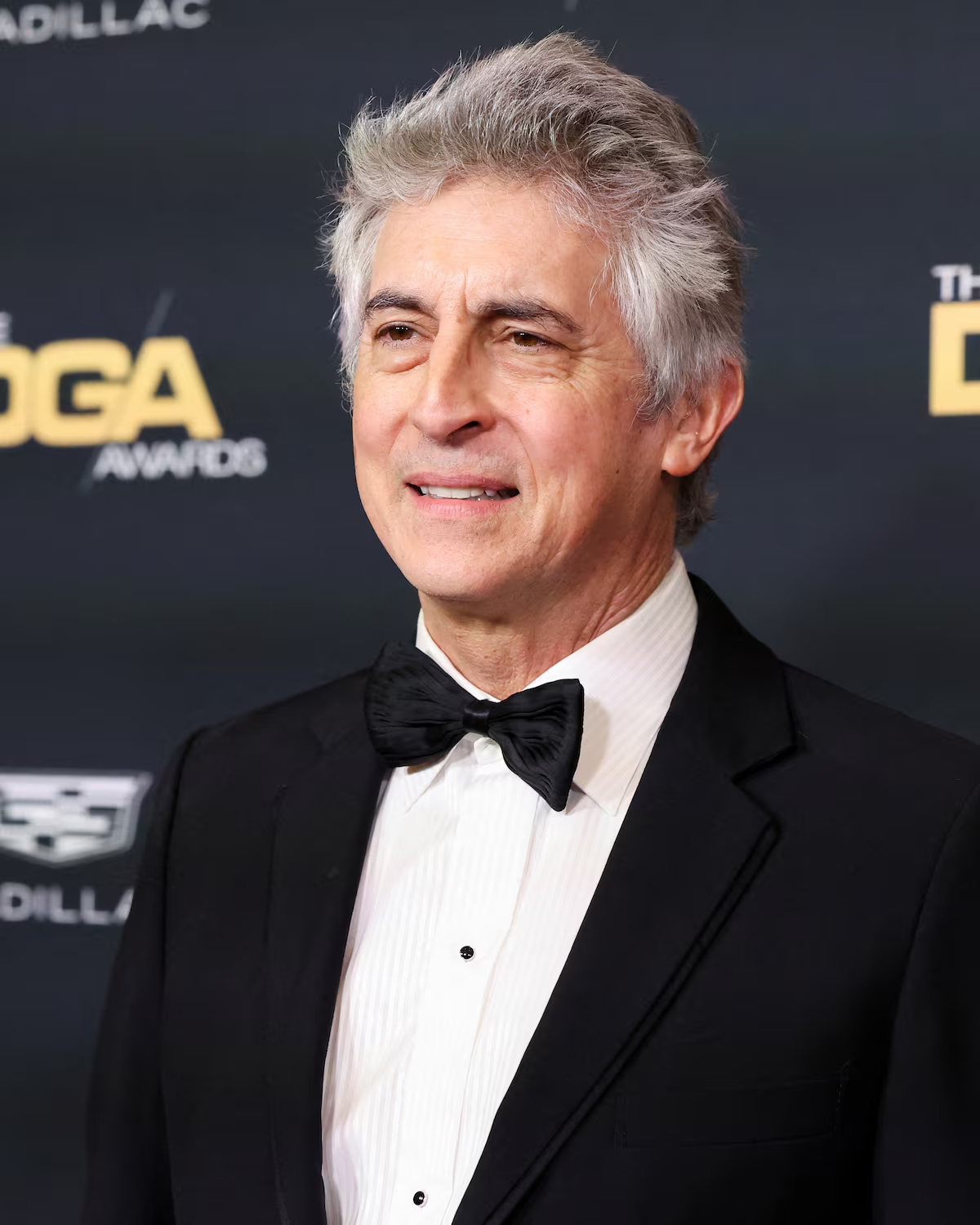
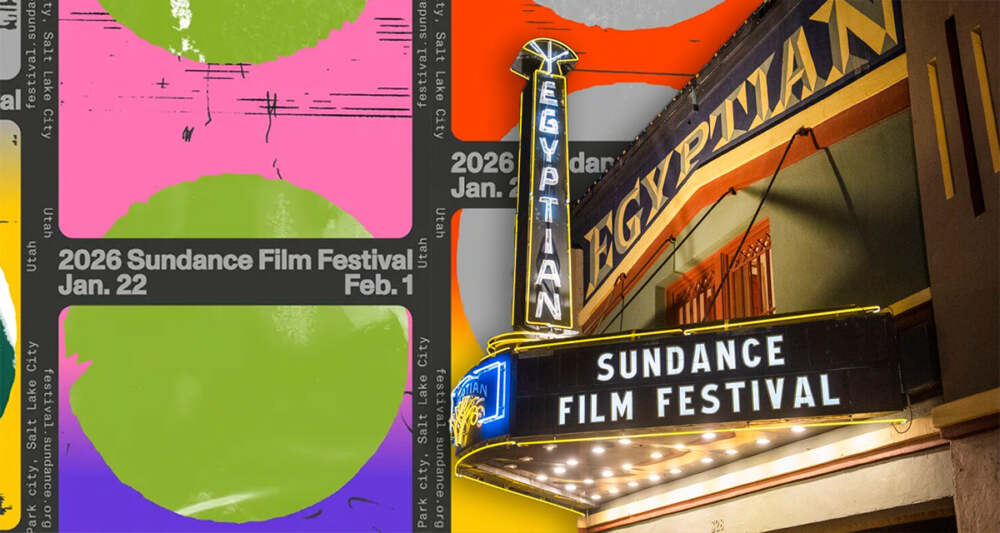
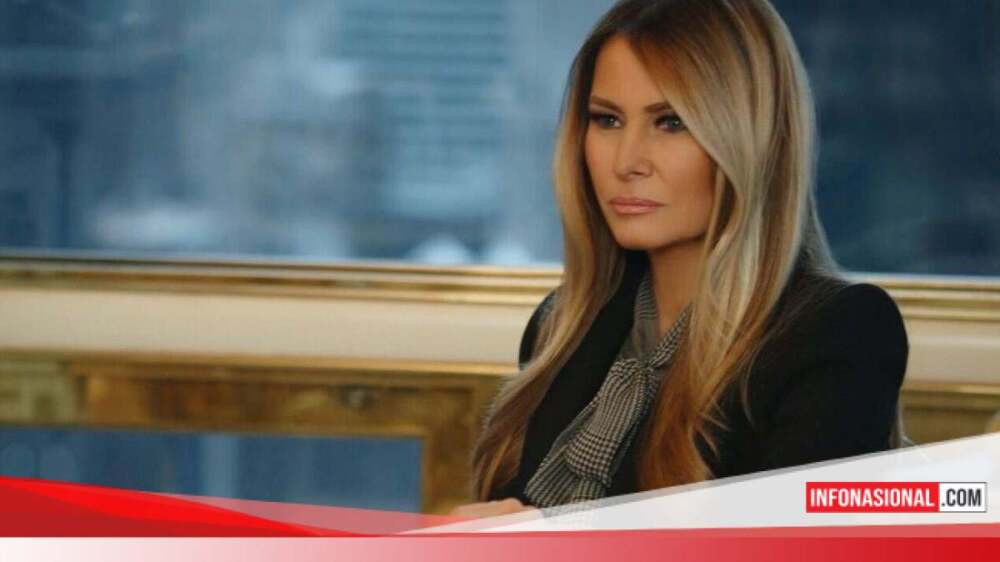
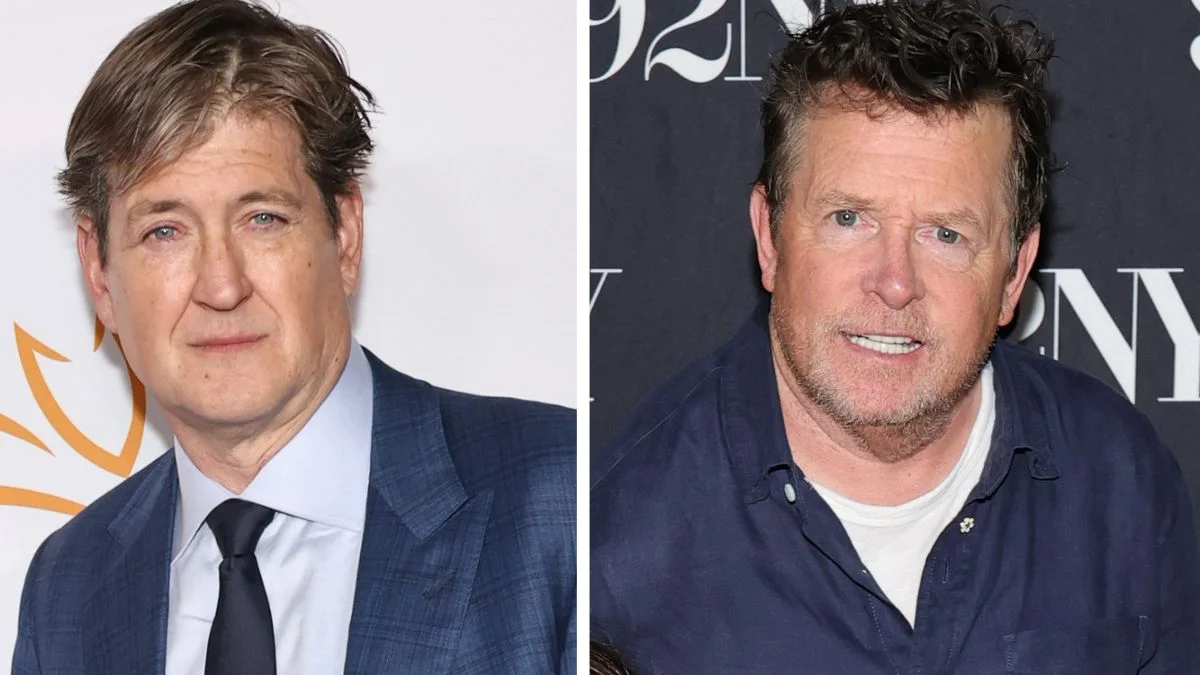
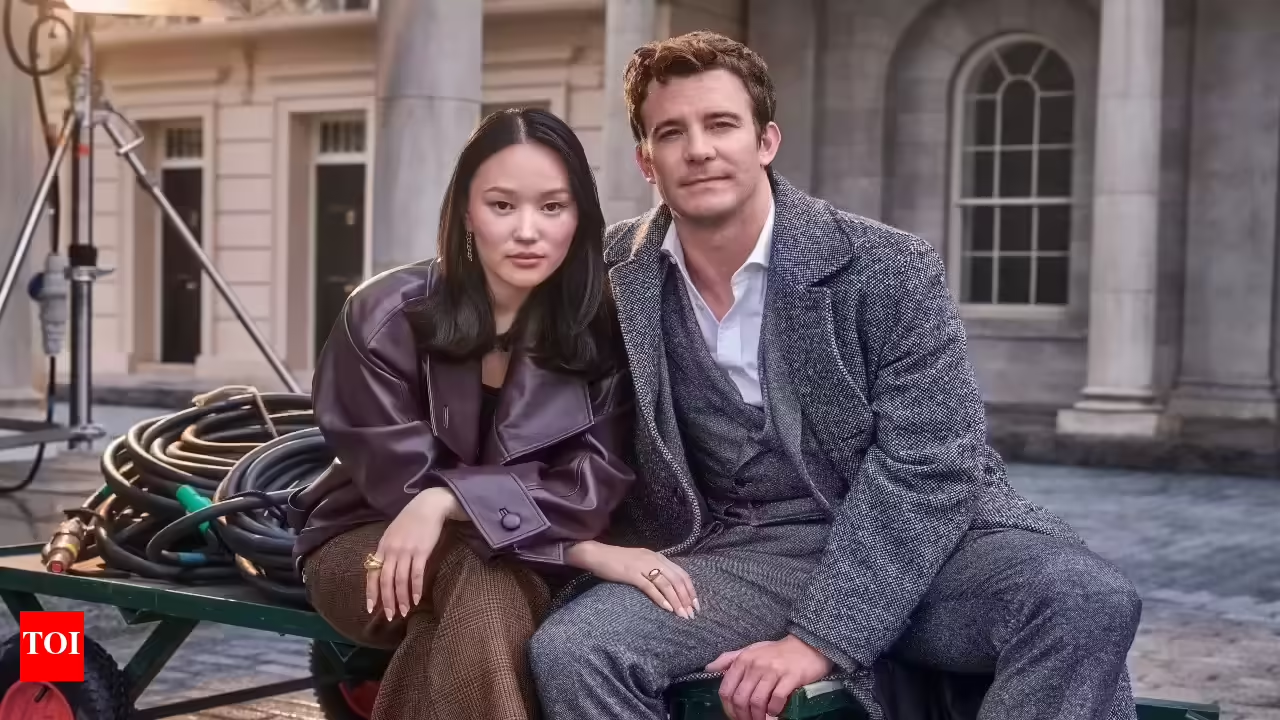
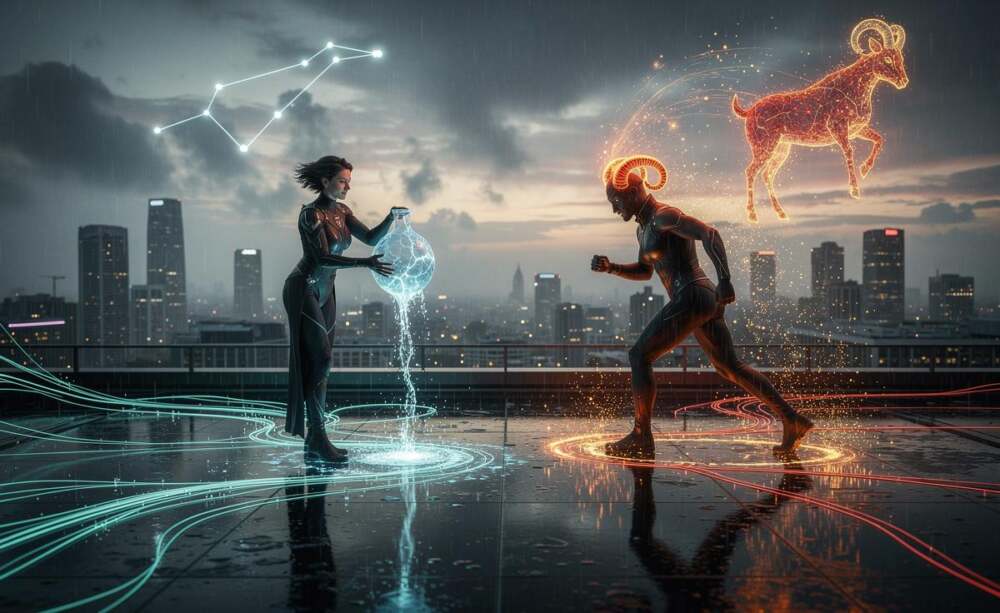

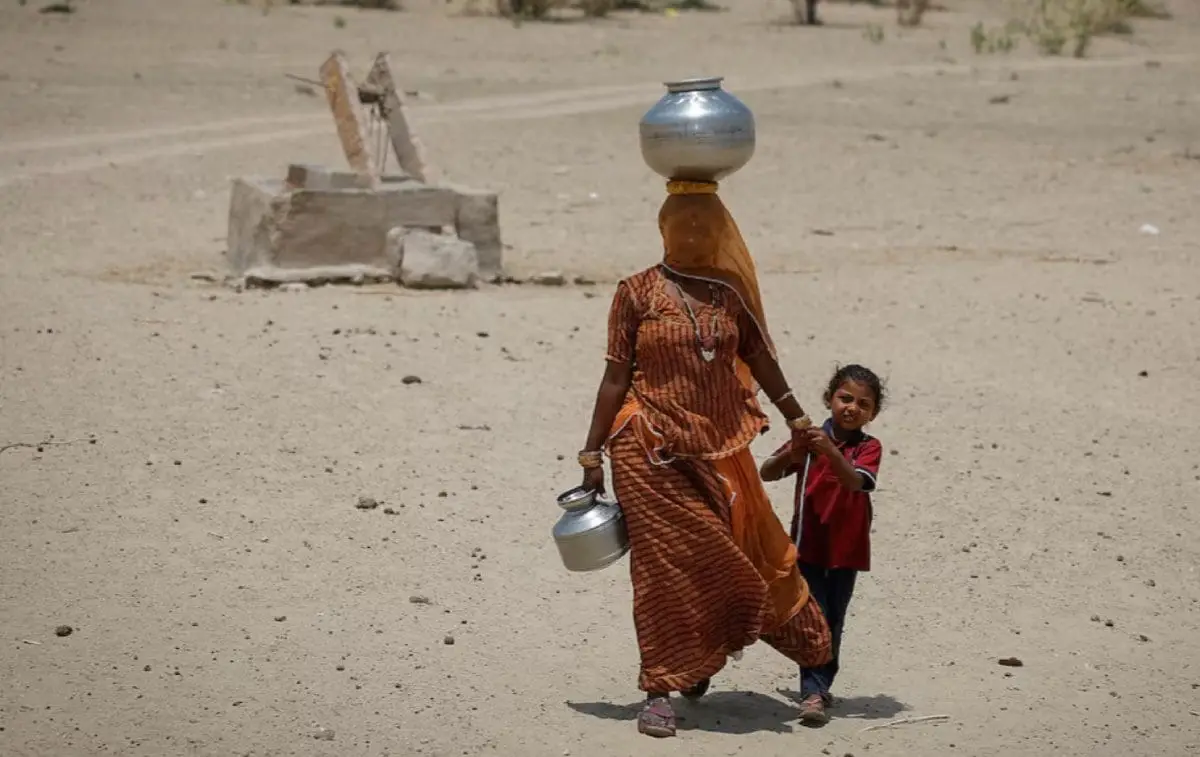
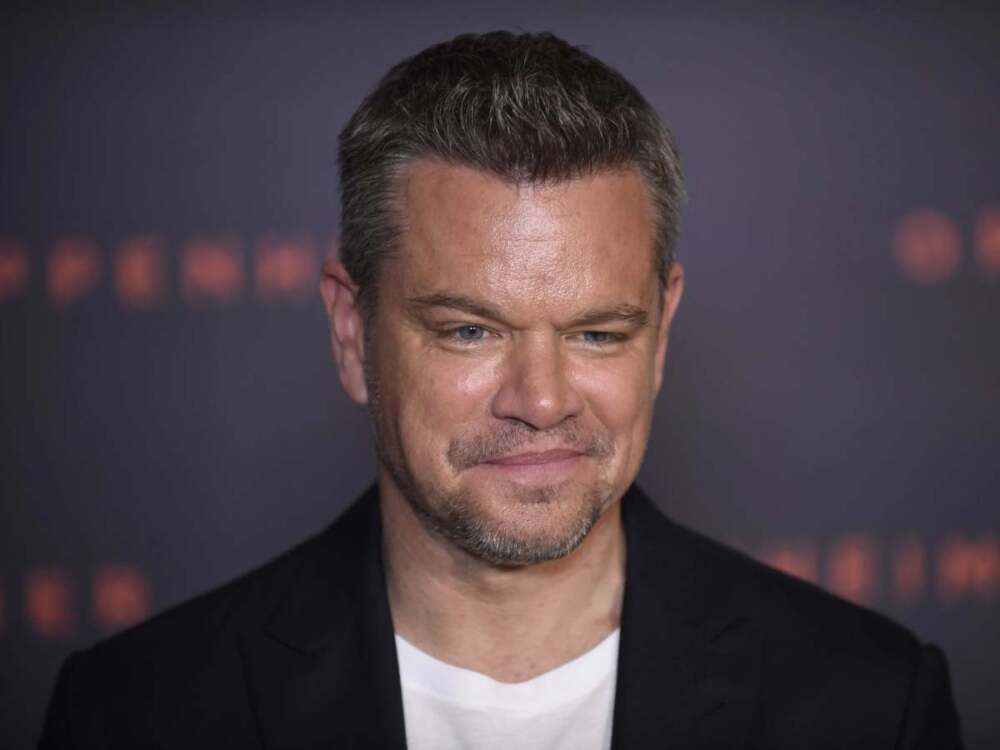
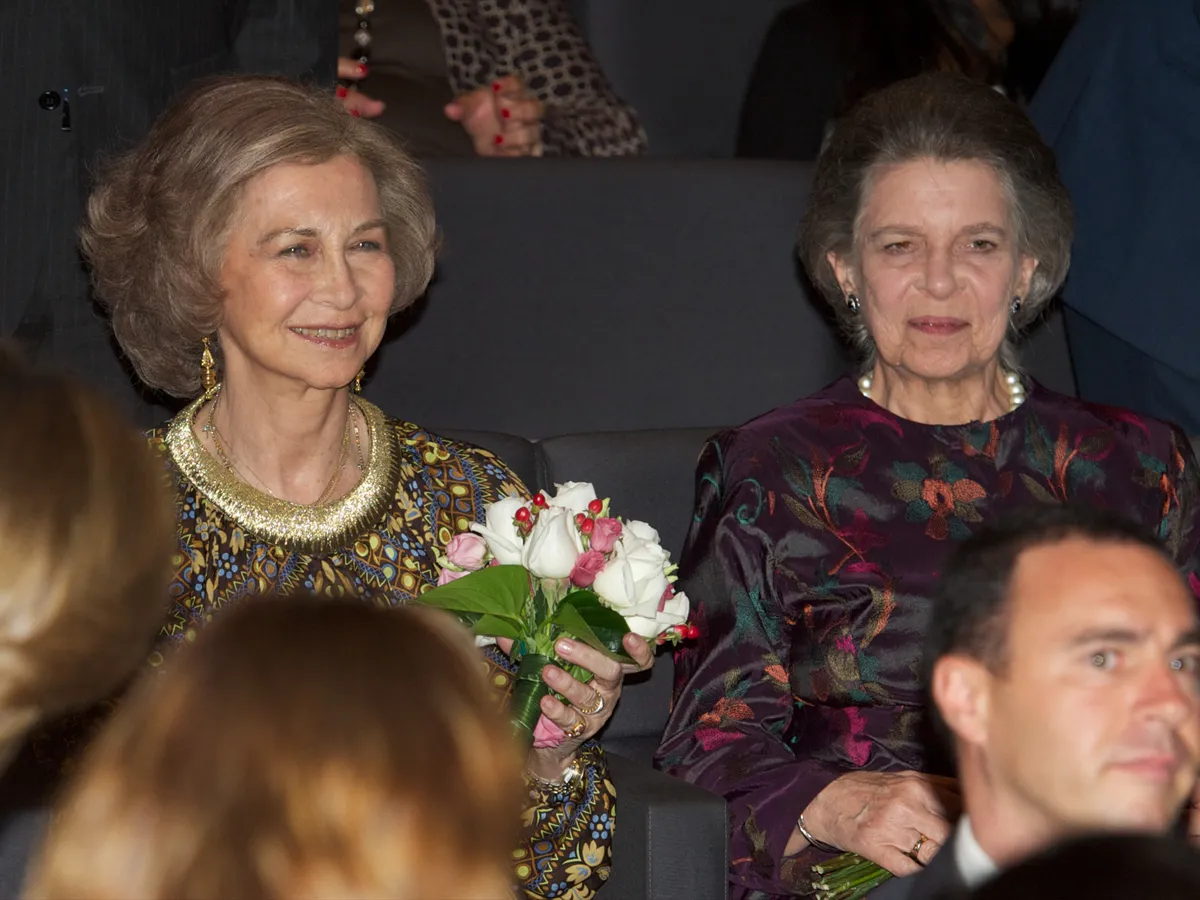
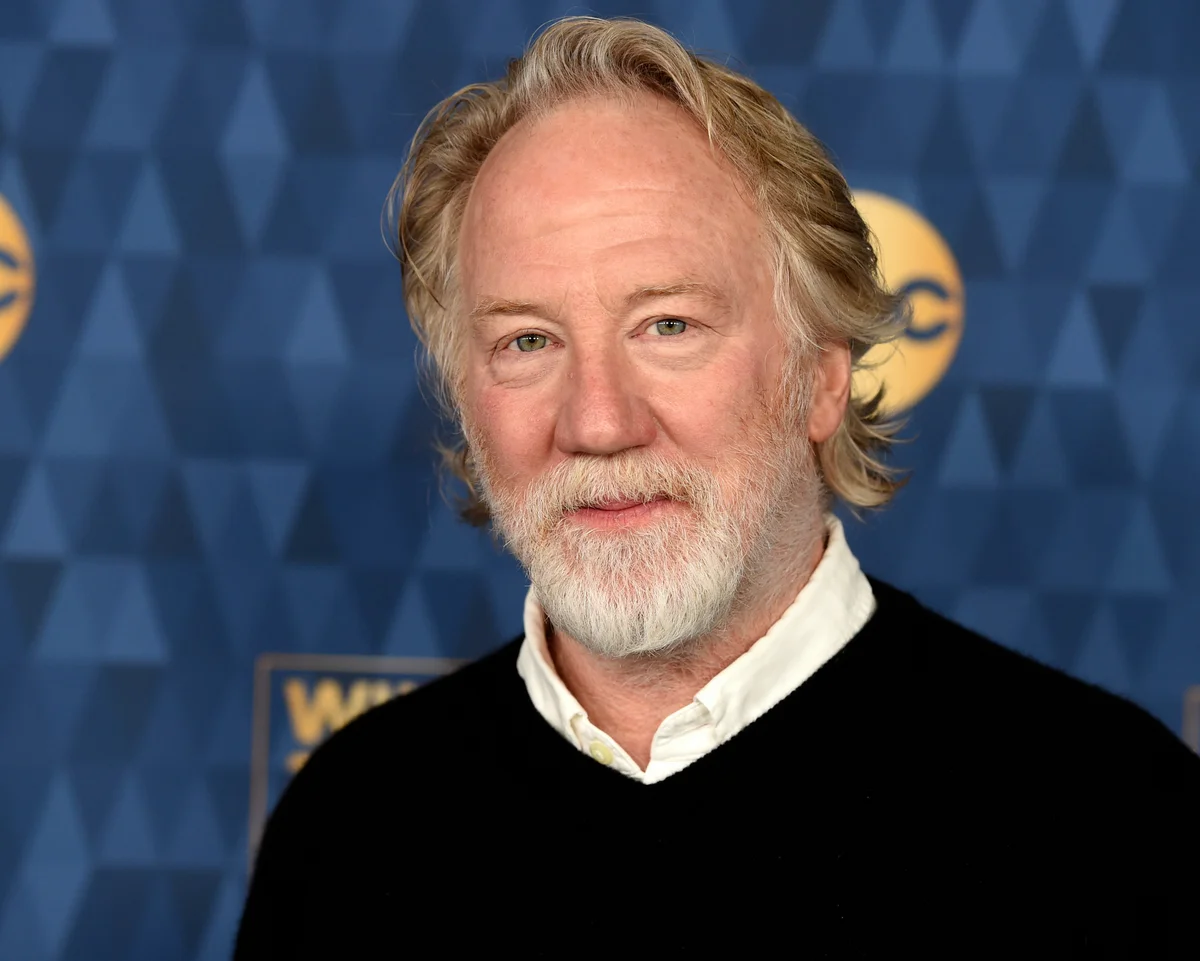




Leave a Reply